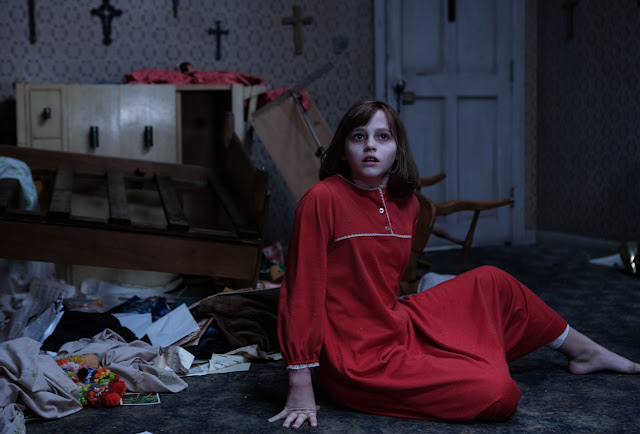“A playful story of a
bitter old man.”
Al Pacino stars as a lonely eccentric man who lives with a
constipated cat in Manglehorn.
Directed by David Gordon Green, the film is a story of self-realization, told
in a warm and poetic style, yet convoluted and false in some respects.
A.J. Manglehorn is a complicated man with a complicated past.
Living by himself in a constricted derelict house, he spends his days roaming
around the small Texas town, selling keys and offering his locksmith services. But
there is something that none of his keys can open – his heart. Many years ago,
he was left heartbroken by Clara, the only woman he had ever loved. He tried to
build a family with another woman, but despite having a son, he never truly loved
his wife. Succumbing to depression, anger and regret, he pushed himself into a
life of isolation. Now, he is estranged with his otherwise successful son Jacob
(Chris Messina) in the commodities trading. Yet, he adores his granddaughter
and constantly makes time for her regardless of his rough relationship with
Jacob. He has a pimp friend Gary (Harmony Korine) who seems to help him past the
time.
His somewhat platonic life is soon is disturbed when his pet
cat swallowed a key and suffered bowel obstruction. Penniless after paying the
cat’s operation, Manglehorn is unable to help his son financially when he runs
to him for support. This only widens the rift between. He turns his attention
to local bank teller Dawn (Holly Hunter), a woman he occasionally visits and
who harbours a secret liking to him. However, a dinner date he plans for her
turns out to be disastrous. In the days that follow, Manglehorn will go through
a process of self-evaluation, consequently freeing himself from an agonizing past and
acquiring a renewed spirit, one unafraid to reconnect with the people he
had both loved and hurt.
Manglehorn is a terribly sad movie,
made even sadder by Pacino’s eerie deep-tone voiceovers throughout, telling
some poetic lines which have no clear association with the equivalent scene. Much
of the early sequences of the film are actually hazy, like some random scenes from
the sad life of a desolate old locksmith. However, the movie takes a pivotal turn
after the failed dinner date. That moment shifted the film into clearer focus. Sending
long love letters to Clare only to be returned, Manglehorn is still chained to his
long-lost love.
Symbolism
is abundant in the film. For one, his lonely van of keys going in circles around
the town is reflective of his own easy and sketchy life. The beehive in the mailbox
and his untended large boat are symbols, which may indicate his life of longing
and negligence of the present, feel forced and obligatory.
In
fact, some aspects of the film feel strained, giving us an uncomfortable sense
of falsity and pomposity. Instead of letting events and dialogues flow naturally,
there is an obvious desperate effort to turn things about. It is like Nicholas
Sparks gone wrong. Manglehorn’s love letters and that restaurant scene between him
and his son are some of these examples.
However,
Pacino and Hunter save the film with their powerful performances. Forget the
drab voiceovers because onscreen, Pacino has a commanding presence and magnetic
personality. It’s nothing like his The
Godfather days but the film enabled him to showcase his range as he goes
from asshole to apologetic and from dumb to sensitive. On the other hand,
Hunter is the life of this depressing movie. Her presence is like sunshine, and
her grace and energy provides the spank the film badly needs.
Overall,
Manglehorn is a lukewarm character
study of a man full of anger and regrets. Foggy at the beginning, the film
manages to grab hold its elements and piece them rightfully. However, a less
playful means of storytelling may have created more rounded characters and less strained sequence of events and conversations.





























0 comments:
Post a Comment